Myrmecocystus mimicus
589,90 zł – 949,90 zł
Worldwide shipping
Free delivery over 500 PLN
The highest quality of goods
Live delivery guarantee
24/7 Personal Support
Fair Prices
Description
Myrmecocystus mimicus is a polygynous colony of ants with a medium development rate. The queen is 10-12mm in size, while the workers are 4-8mm. They have a red head and black body. They feed on food insects, fruits, vegetables, and seeds. The humidity in their arena should be 50-70% and in their nest 70-90%. The temperature should be regulated accordingly.
Additional information
| Behavior | |
|---|---|
| Difficulty in breeding | |
| Origin | |
| The size of ants | |
| Wintering |
Myrmecocystus mimicus: The Fascinating Ant Species
Welcome to our guide on Myrmecocystus mimicus, a unique ant species that is sure to captivate your interest. In this article, we will delve into the characteristics, colony type, development rate, size, nutrition, humidity, temperature requirements, and recommended nests for breeding. Let’s explore the world of Myrmecocystus mimicus together!
Colony Type: Polygyny
Colony Size: Up to 10 000 workers
Development Speed: medium
Size and Color:
- Queen: 10-12 mm
- Workers: 4-8 mm
The coloration of Myrmecocystus mimicus is another noteworthy aspect. Their heads are a vibrant red, while their bodies possess a striking black hue. This color combination creates a visually captivating contrast as they forage and interact within their environment.
Nutrition:
- Food insects (such as cockroaches and crickets) dead, or live if colony is big
- Syrup (a mixture of water and honey or sugar, with a ratio of 4/3 water:1)
- Fruits and vegetables
- Jelly
- Cooked chicken without salt, shrimps
- Honey
Don’t forget to check out our food products to ensure a well-balanced diet for your colony!
Humidity and Temperature:
- Humidity: Arena: 40-60%, Nest: 50-70%
- Temperature: Arena: 23-30 °C, Nest: 22-26 °C
A Unique Species Feature: Carbohydrate Storage
A distinguishing characteristic of Myrmecocystus mimicus is their unique ability to store carbohydrates in their bellies. When carbohydrates are available in abundance, these industrious ants fill themselves up, expanding their bellies to the size of grapes. The carbohydrate reserves serve as a valuable energy source, enabling Myrmecocystus mimicus to sustain themselves during times of scarcity.
An interesting behavior exhibited by these ants is their habit of hanging upside down from the ceiling of their nest while storing carbohydrates. This remarkable feat showcases their adaptability and resourcefulness in making the most of their environment.
Recommended Nests for Breeding
Choosing the right nest for breeding Myrmecocystus mimicus is crucial for their well-being. Several materials are suitable for their nests, including acrylic, cork, plaster, and aerated concrete. These materials provide a safe and secure environment for the ants to establish their colony, ensuring optimal growth and development.
Conclusion
In conclusion, Myrmecocystus mimicus is a captivating ant species with unique characteristics that set them apart. From their monogynous colony structure to their diverse nutritional requirements, this species offers great intrigue for ant enthusiasts. By providing an environment that meets their humidity and temperature needs, along with suitable nests for breeding, you can create an ideal habitat for Myrmecocystus mimicus to thrive. We hope that this comprehensive guide has piqued your curiosity and inspired you to explore the fascinating world of Myrmecocystus mimicus.


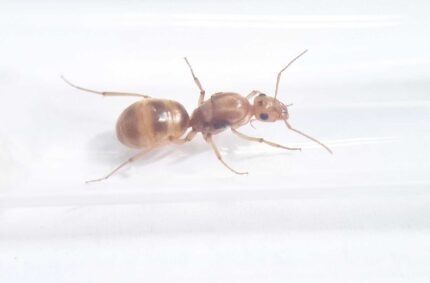
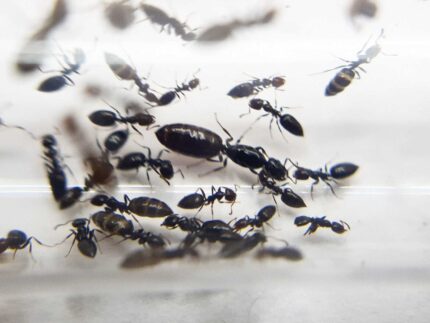
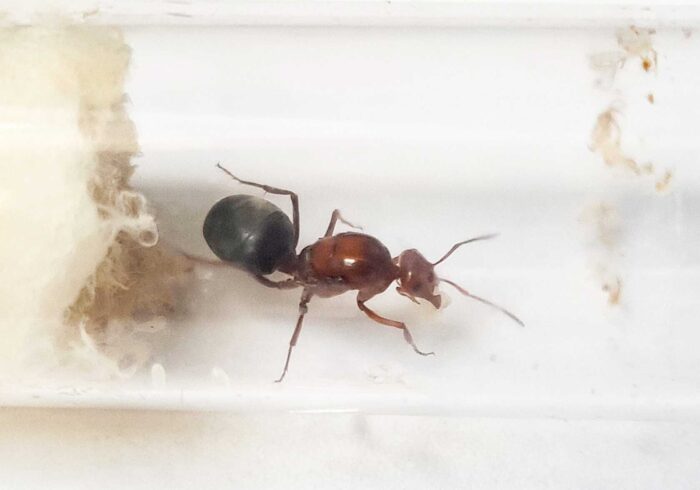
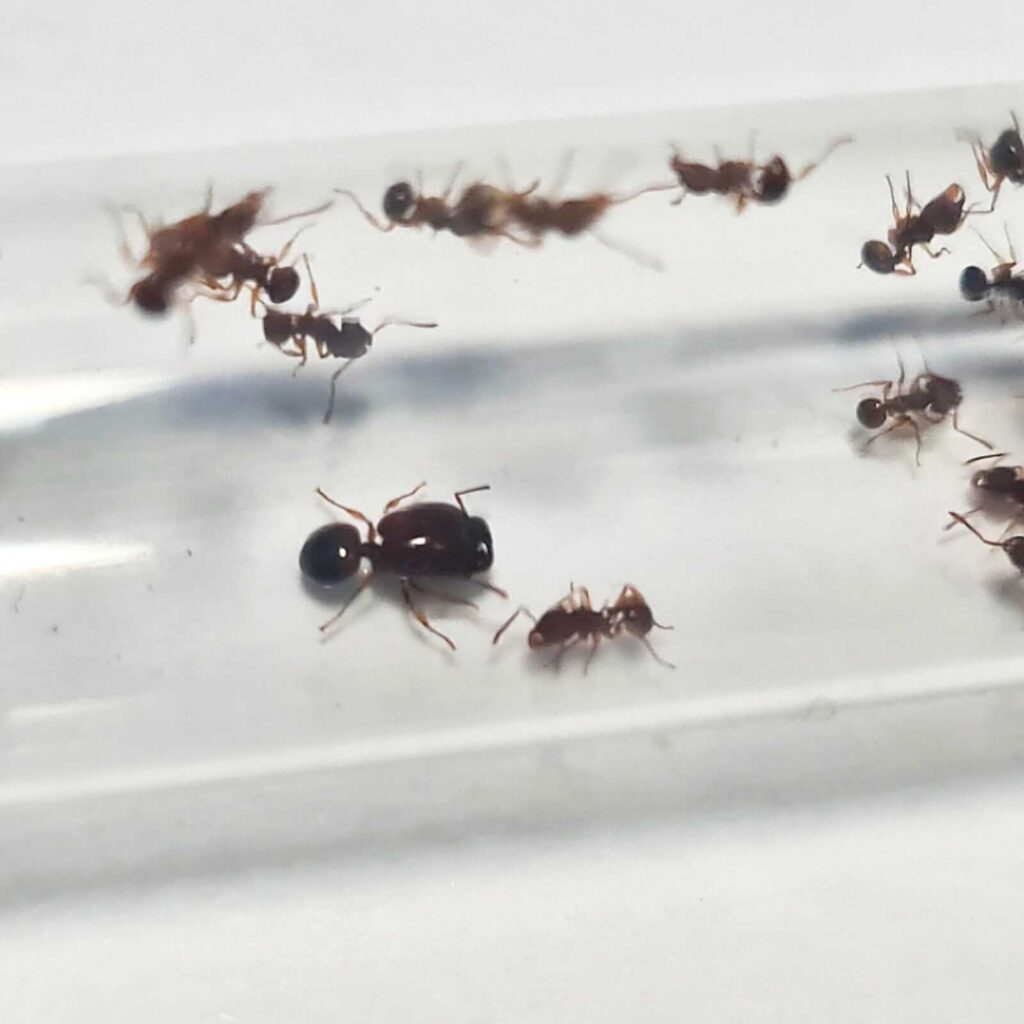
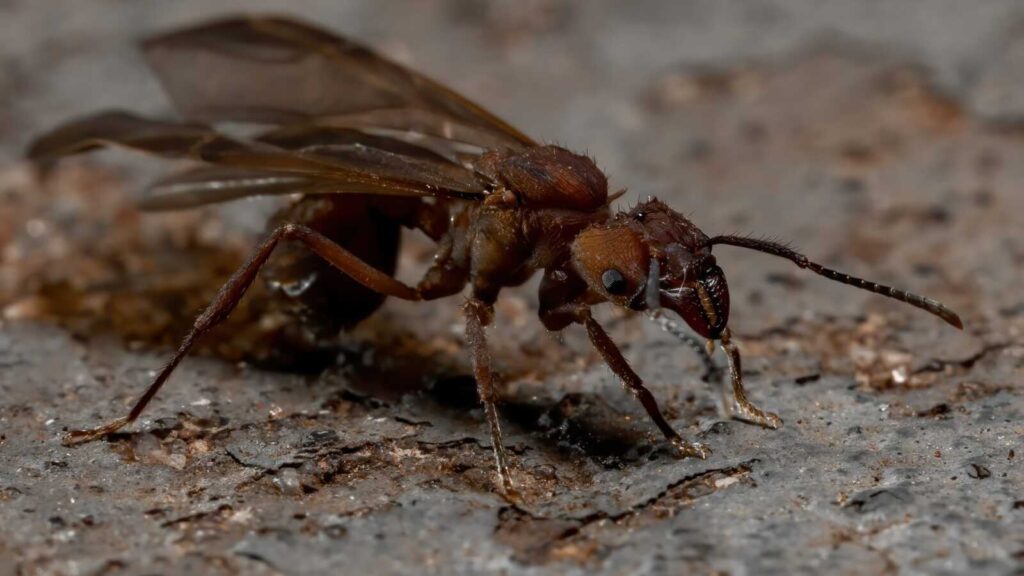
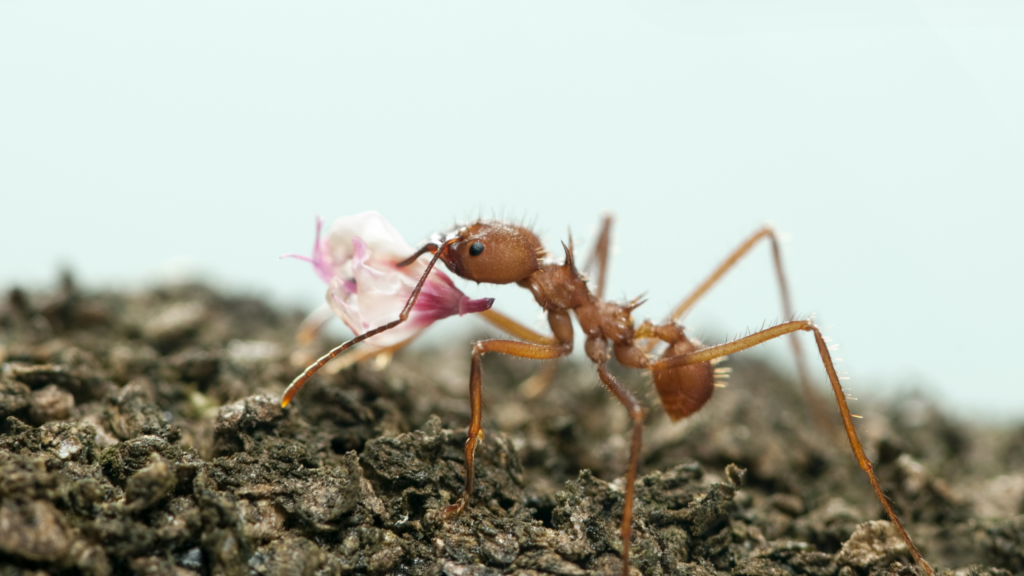
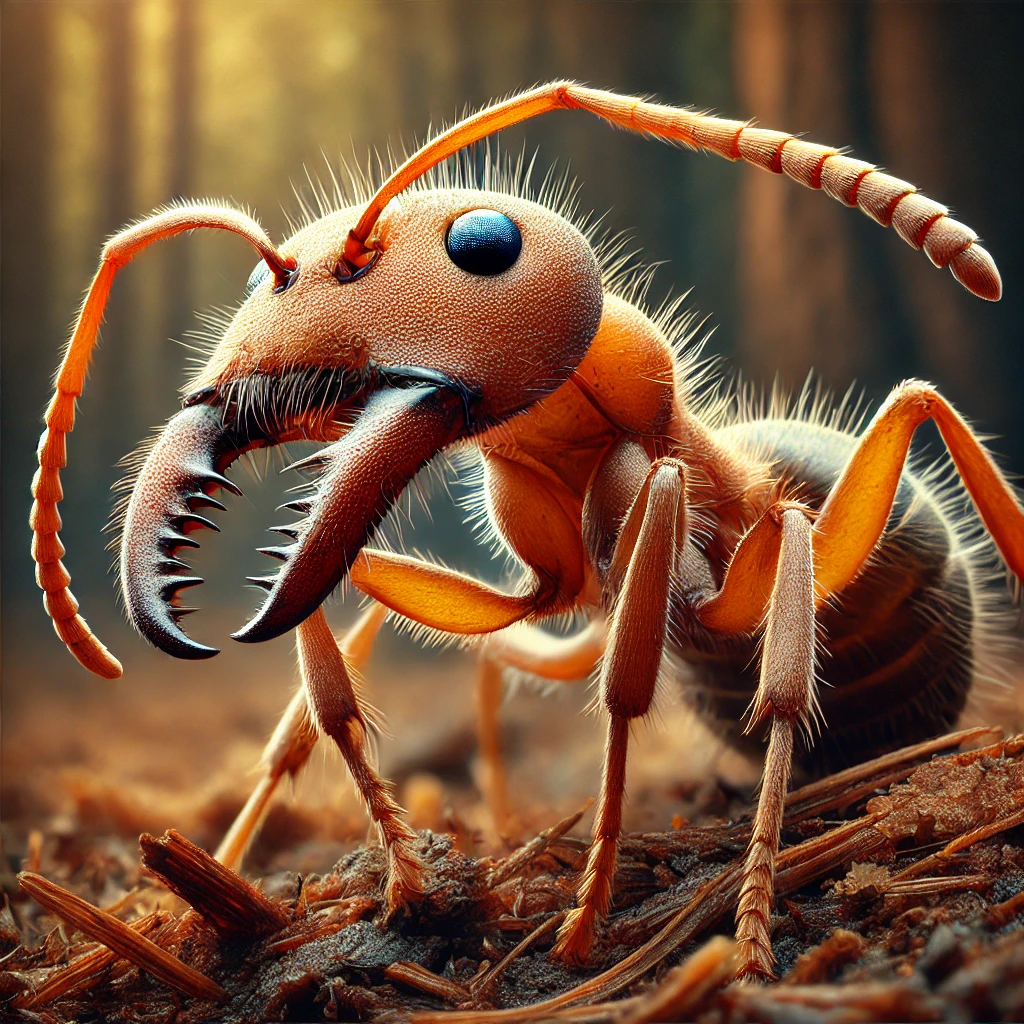
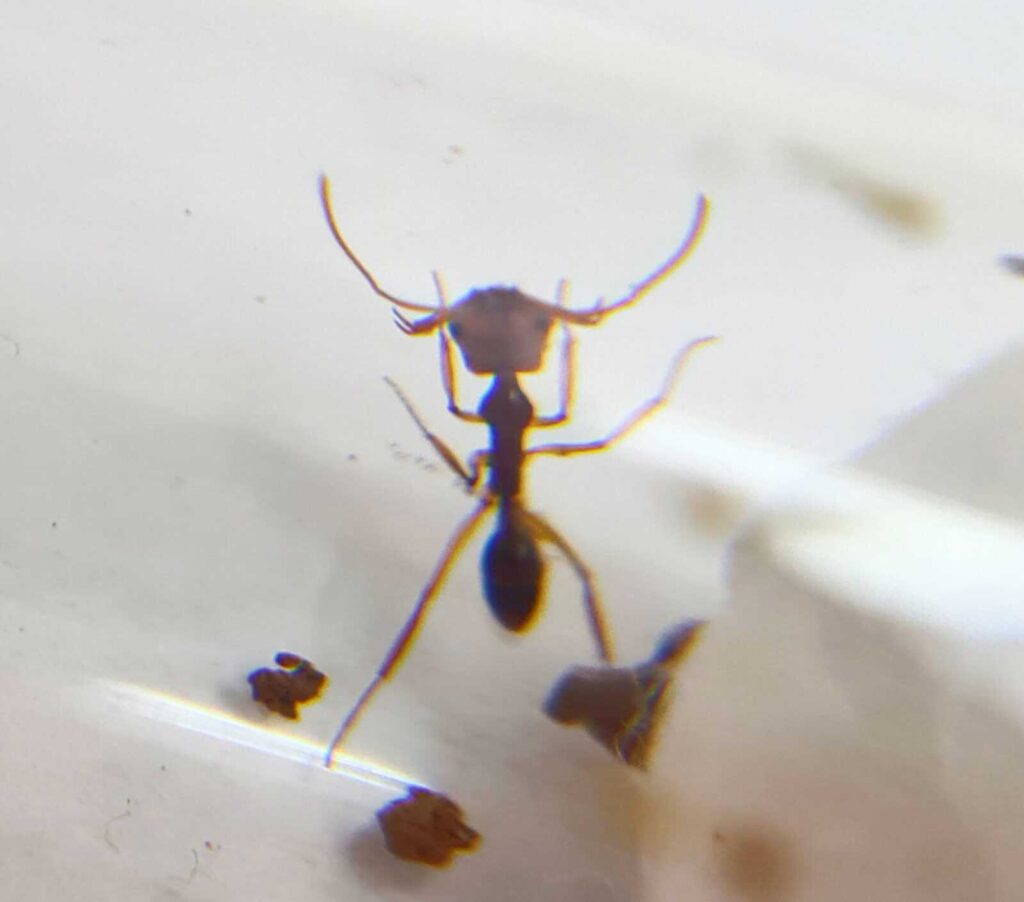
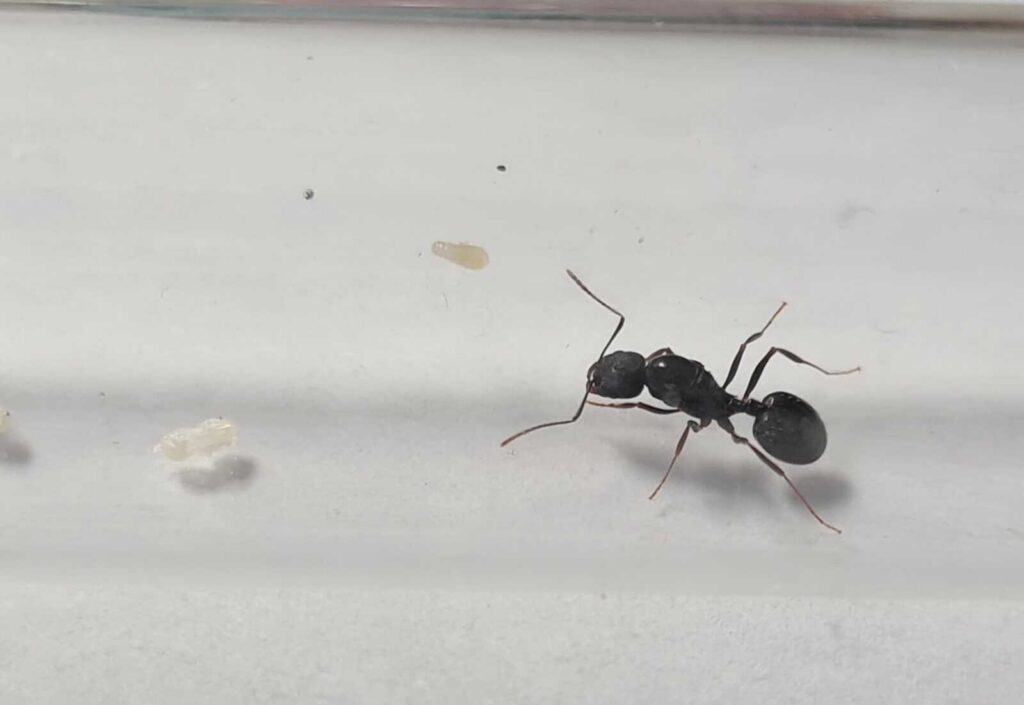
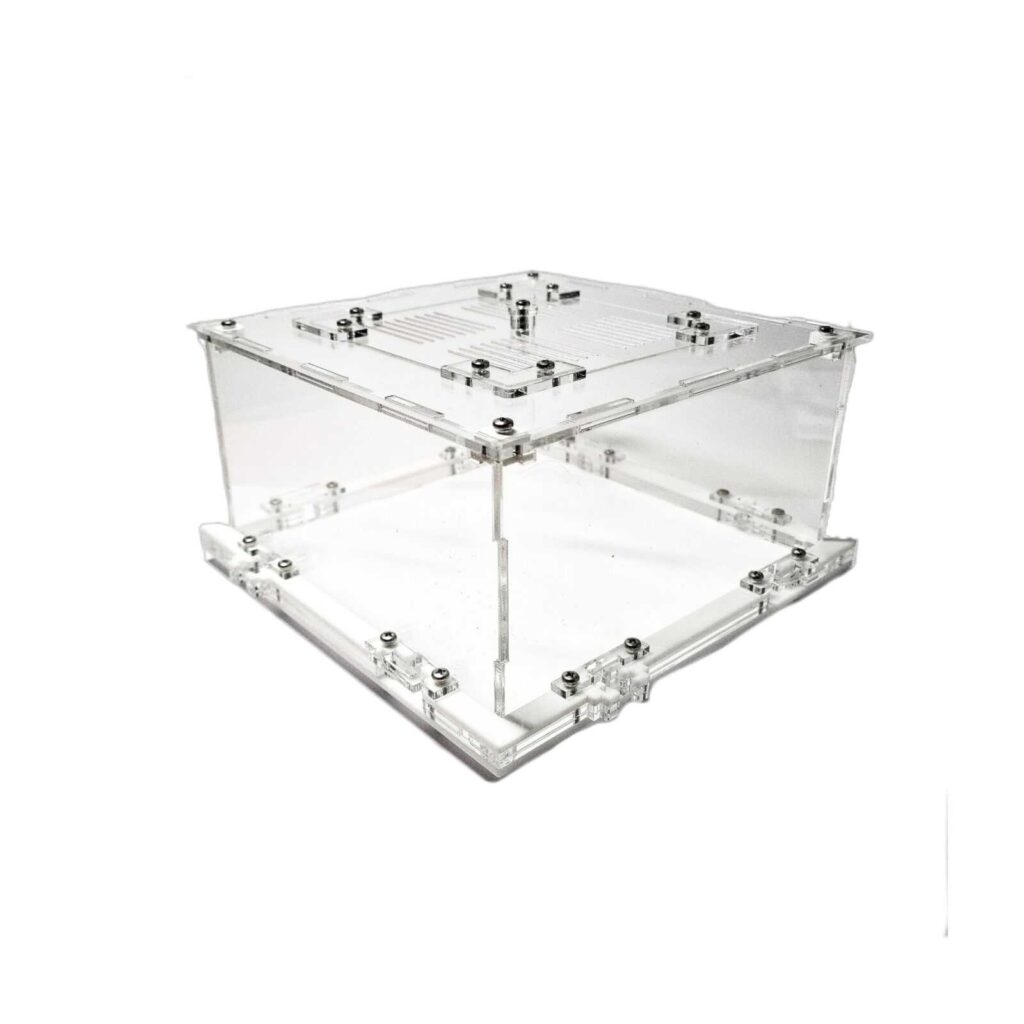
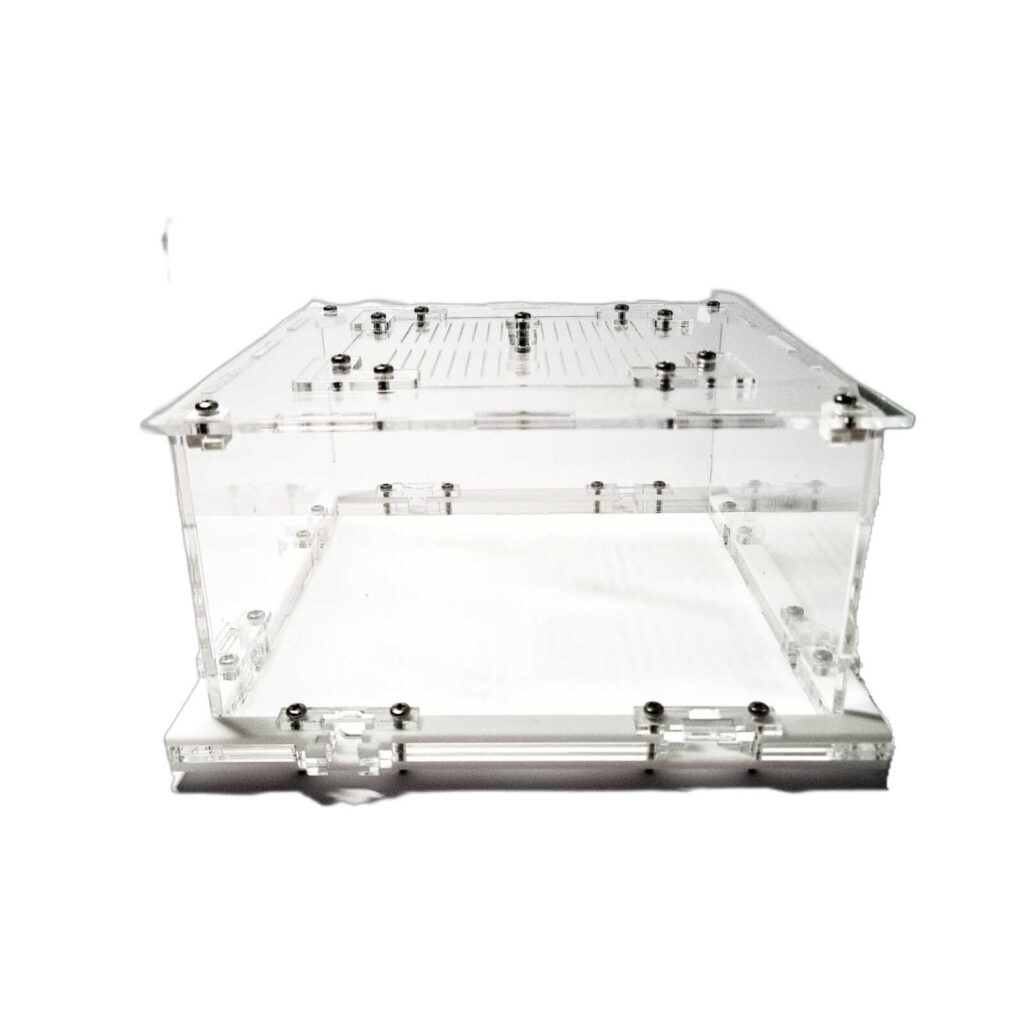
There are no reviews yet.